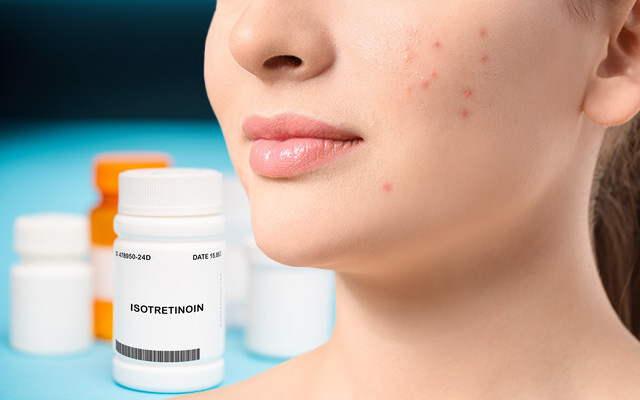

Prof. Dr. Bodo Melnik
Thursday, 16 May
14:40 CEST
Oral isotretinoin (13-cis retinoic acid) is the most effective drug for the treatment of recalcitrant and severe acne. Isotretinoin improves all major aspects of acne pathogenesis; however its mode of action and the cause of its undesired effects remained a mystery since its implementation into acne therapy by Peck and coworkers in 1979.
This presentation provides an update of isotretinoin’s impact on transcriptional regulation, which for the first time allows to explain isotretinoin’s desired sebum-suppressive and anti-inflammatory effects as well as its various undesired drug effects.
Isotretinoin enhances the expression of the pro-apoptotic transcription factors p53, FoxO1 and FoxO3 in sebaceous glands of acne patients resulting in isotretinoin’s sebum-suppressive effect via induction of sebocyte apoptosis and apparently depletion of FoxO1-responsive BLIMP1(+) sebocyte progenitor cells.
Isotretinoi’s comedolytic effect is explained by p53/FoxO1-stimulated overexpression of the infundibular GATA-binding protein 6 (GATA6), which controls infundibular keratinocyte homeostasis, but is reduced in acne patients. Enhanced p53/FoxO1/FoxO3 expression also explains isotretinoin-induced teratogenicity (neural crest cell apoptosis), reduced ovarian reserve (granulosa cell apoptosis), the potential risk of depression (apoptosis of hypothalamic neurons), isotretinoin-induced VLDL hyperlipidemia (p53-mediated hepatic overexpression of apolipoprotein B-100; FoxO1-mediated overexpression of apolipoprotein C-III and microsomal triglyceride transfer protein), intracranial hypertension (p53-mediated overexpression of aquaporin 1) and dry skin (p53-mediated overexpression of aquaporin 3).
Thus, isotretinoin-stimulated over-expression of p53/FoxO1/FoxO3 signaling explains all desired and all adverse effects of the most effective drug in the treatment of severe acne.
After isotretinoin’s empirical introduction into acne therapy, four decades passed by to fully understand its complete mode of action and adverse effects on the level of transcriptomics (Melnik BC. Acne transcriptomics: Fundamentals of acne pathogenesis and isotretinoin treatment. Cells. 2023;12:2600).




